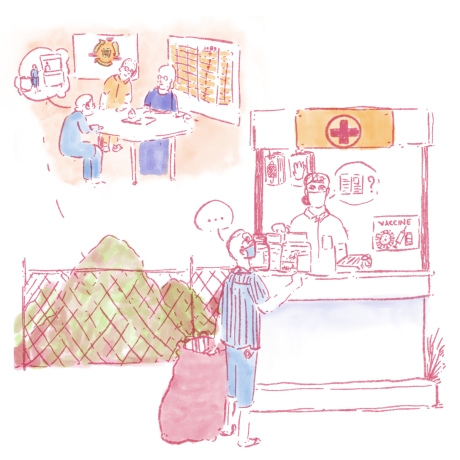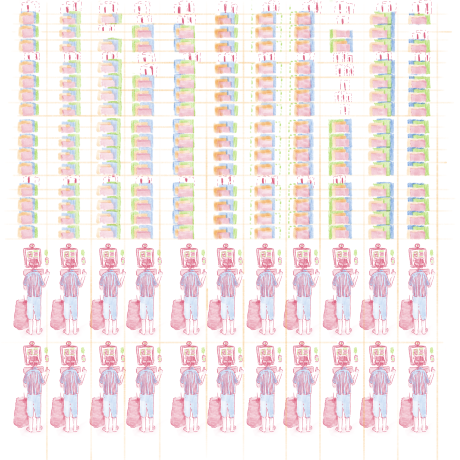Definitions of the circular economy vary, but they have consistently pointed to a common cause: reduce, reuse, share, repair, or recycle materials as many times as possible in order to reduce pollution and greenhouse gas emissions.
Circular economies emphasise taking a systems view of consumption and production in cities. Yet, all too often the contributions of informal actors are hidden or unknown, limiting the potential for effective circular economy policy-making. How can we center the perspectives, needs, safety and security of informal actors in data sharing systems used to monitor and manage circular economies in developing countries?


Why Data for the Circular Economy?
Using data to monitor and manage circular economy practices is increasingly common across the globe. New initiatives led by Europe and the UNECE are establishing dimensions and indicators of the circular economy to monitor for better national policy making and decision-making, which is compelling. Suggested monitoring would occur at a national level focusing on indicators that revolve around demographics and social statistics; business and economic statistics; and environment statistics.
Yet, in developing countries, circular economy activities are driven by informal actors, who are incredibly diverse, and who are playing a central role in collecting, sorting, recycling, and vending materials. Our research was designed to understand the contributions informal recyclers make to circular economies, and what data are needed to include and support them in policy and practice.
We often assume that more data is better, and that increasing data collection about informal recycling will help. However, this is not always the case. Informal recyclers can face discrimination and disadvantage, and some times criminalisation. Too often the focus of monitoring systems center on core indicators, and we forget about the risk, power and positions of the people who make up circular economy systems.
Project CIRCLES identifies potential benefits and risks of including informal recyclers and waste pickers in data systems. We seek to give stakeholders grounded and practical options to monitor and improve circular economy practice. Our approach concentrates on mitigating risks and ensuring that data systems produce equitable outcomes for informal actors.